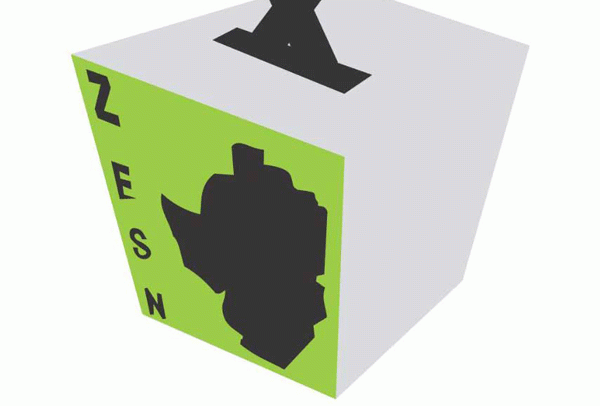
BY NQOBANI NDLOVU
PEOPLE displaced from their original wards may fail to participate in elections if there are no proper voter education campaigns conscientising them on the need to update their voter registration status, an elections lobby group says.
This comes as Chilonga villagers in Chiredzi district face eviction to pave way for a lucerne project, a development that automatically changes their voting status in the light of the upcoming delimitation exercise.
Evictions to ostensibly pave way for coal mining projects among others have also been reported in Hwange.
Independent electoral watchdog, Zimbabwe Election Support Network (Zesn) called for increased voter registration awareness to enable the displaced citizens to transfer their votes to their new areas to enable them to enjoy the right to vote.
In order to vote in an election in Zimbabwe, voters should be registered in the wards in which they are resident, according to the Electoral Act.
If they move from the place where they are registered and wish to vote in their new ward, they must transfer their registration.
“More voter education is needed for displaced/relocated citizens to know the processes they need to undertake to transfer their votes. Zesn has plans to roll out voter education campaigns ahead of the delimitation exercise as part of efforts to mobilise citizens to register,” Zesn said in an emailed response to Southern Eye.
- Chamisa under fire over US$120K donation
- Mavhunga puts DeMbare into Chibuku quarterfinals
- Pension funds bet on Cabora Bassa oilfields
- Councils defy govt fire tender directive
Keep Reading
“With the relaxation of lockdown regulations, it will be easier for some of the affected citizens who typically have very limited access to radio and internet.”
Continuous voter registration has become standard practice going back to as far as the 2002 general elections.
The Electoral Act requires the registration of voters to be continuous to allow first-time voters and already registered voters to register or to request a transfer to a polling station close to their new place of residence.
The Zimbabwe Electoral Commission registered 5 695 706 citizens ahead of the 2018 elections, representing 78,8% of the estimated voting age population, with a significant increase in young registrants compared to the 2013 voters’ roll.
- Follow Nqobani on Twitter@NqobaniNdlovu











